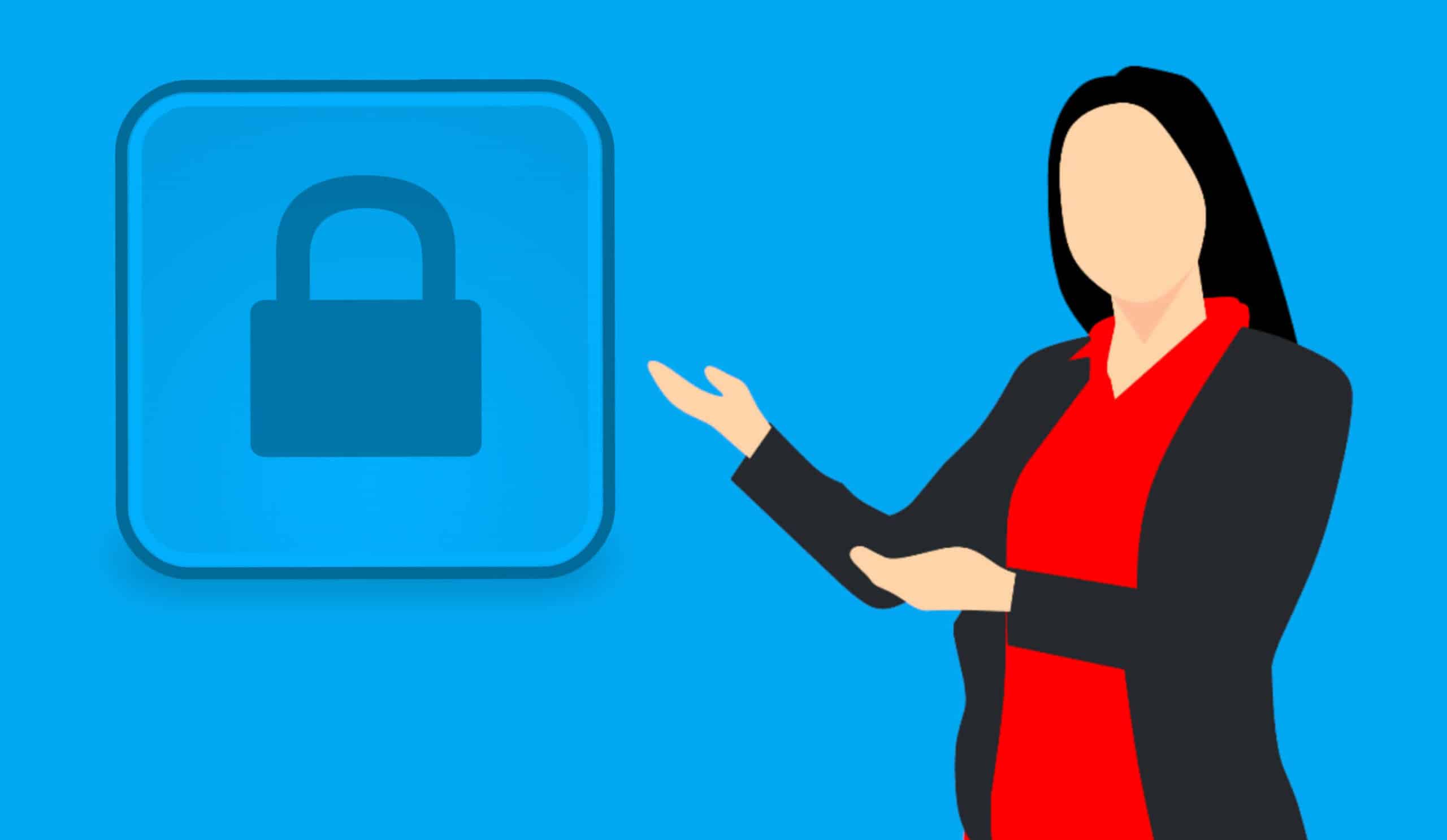According to Thesis Rush, identity theft has become a considerable menace in recent years. Many have lost valuables worth millions, got reputations destroyed, and bank accounts invaded as a result of the sensitive information getting into the wrong hands. But the thing is, the attacked victims have ignorantly permitted it.
The reason is that fraudsters cannot steal your identity if you don’t give them access to it. So, the best way to avoid being defrauded or allowing criminals to take your identity and belongings is to protect your personal information. Thus, the question is, how can one protect their personal information online and offline? Well, if you are ready, these few tips will help you to achieve that.
1. Get Your Device Secured
Have you ever thought about misplacing your device and wondered what the next person who finds it might do with the information inside it? If you haven’t, then start doing so.
Many individuals store way too much personal information on their mobile devices and PCs. And when these items go missing, the person who finds them can gain easy access to their social media chats, phone numbers, emails, pictures, and others.
However, if you want to have your personal information stored on your phone, then you have to secure the device. Use a password to lock the phone, one that will not be easy to guess. You may also decide to use different passwords for each app on your device, too. For example, Facebook’s password should be different from Twitter, and so forth.
Besides, you should wipe out all confidential information from your device (mobile phone, PC) before selling it. And also make sure that the security software of your devices is up-to-date before sharing files with friends or visiting the Internet.
2. Limit Personal Information On Social Media Profiles
Have you provided all your personal information on your social media profile? Just go through your profile and make sure you haven’t. If you had, please, consider deleting it. The thing is, you can use Facebook, Twitter, or other social media platforms without providing all your personal information. Thus, you have no reason to do so.
You should only provide your name. Leave your house address, phone number, and other information out of your social media profile. If anyone wants to know where you live or have your phone number, let them ask for it directly. Also, you shouldn’t give out sensitive information while communicating with people online. If the information is too important and confidential, arrange a one-on-one meeting with the person instead.
3. Ensure Your Documents Are Intact
There are diverse ways you can secure your documents. One is to store them in a safe place, such as in a bank. You should also destroy materials that you no longer use, either burning or shredding them.
These include credit applications, receipts, bank statements, checks, insurance forms, and even your expired credit cards and ID cards. They contain your personal information and can be disastrous in the wrong hands.
Again, don’t just throw prescription bottles out with the labels on them. Once you finish using them, destroy the tags to keep information about your health safe. People can tell your health condition when they know the drugs you’re regularly taking.
4. Backup Your Data Regularly
Have you ever been attacked by ransomware? It is a terrible experience! You either lose all the information stored on your device or part with a large sum of money. But you can avoid all that by backing up your system regularly.
It is not like backing up your data would prevent a ransomware attack. When the attack comes, you will not lose important information or bend to the fraudster’s demands. You should also make an effort to prevent a possible ransomware attack in the future. Here is what you need to do:
• Do not click on any links you find suspicious
• Be extremely careful about the sites you visit
• Make sure the security software is up-to-date
• Choose powerful security software that can protect you online and offline.
Conclusion
Your personal information is you – so, try to protect it with everything you have. In the wrong hands, your personal data can be used against you. It can either be used to blackmail you or create room for identity theft, which is a rampant problem in today’s world. But the impressive thing is that we can all secure our personal information if we take a stand and remain cautious.

